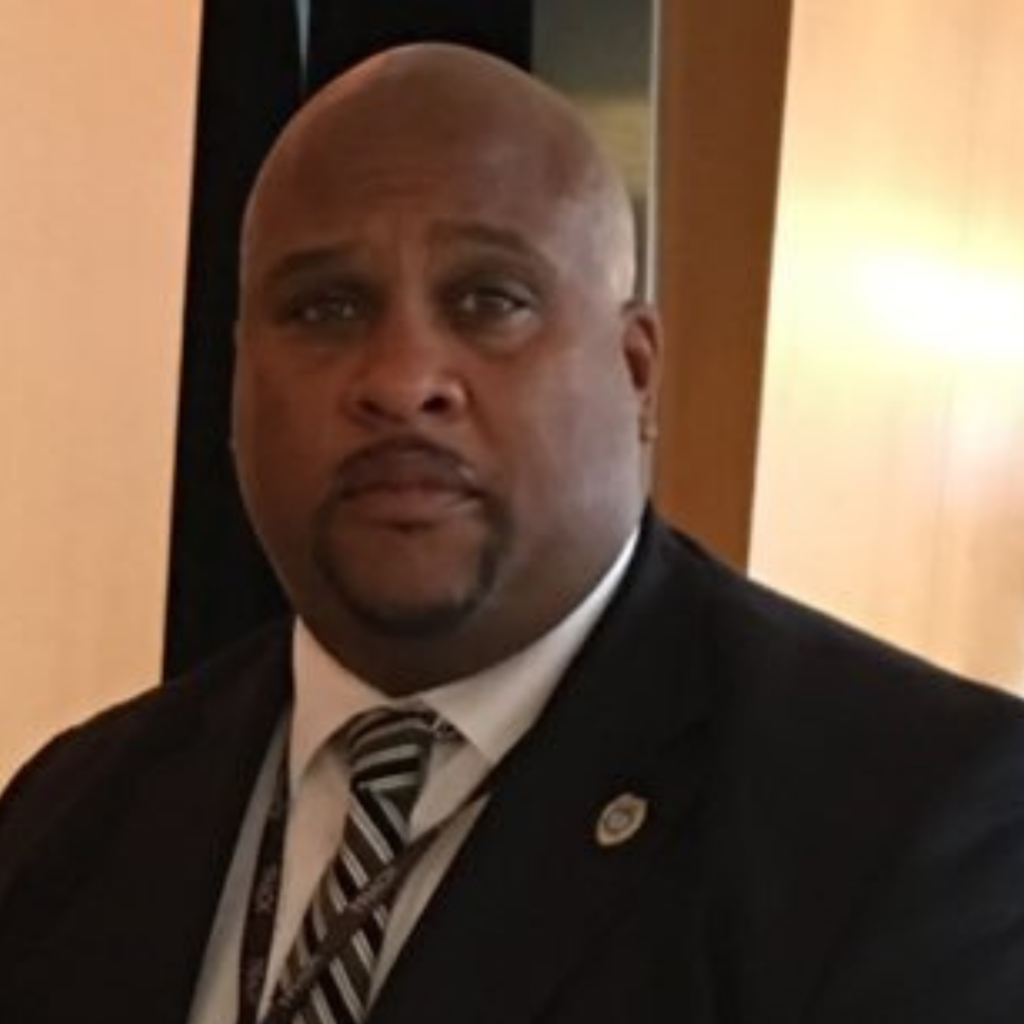February 2024 / Probation /
Part 2: CSRC Q&A with Pretrial, Probation, and Parole Leaders
by CSRC

We asked pretrial, probation, and parole leaders about what led them to a career in community supervision, their hiring and retention practices, how the pandemic affected their agencies, and what they’re excited about for the future of the field.
This is Part 2 of our series with Marcus Hodges, President-Elect of the American Probation and Parole Association (APPA) and the Associate Director of the Office of Community Supervision and Intervention Services, Court Services and Offender Supervision Agency in Washington, DC.
How did you choose the community supervision field as your career path, and what motivates you to continue in this work?
I chose this field 32 years ago to change lives and make an impact on the communities that we serve. Today, I still believe our work is noble, and I am still very passionate about the impact we can have to facilitate change and provide hope. I am motivated by reimagining a criminal justice system that has done more harm than good, especially to communities of color. As an African American male, I am in a relentless pursuit of creating successful pathways that instill hope and build trust in the communities that we serve.
Recruitment and retention have been significant concerns for agency leadership. How have you adapted your hiring and retention practices without compromising the quality of staff?
We have had to reimagine how we conduct this work. Effective supervision is not 9–5, Monday through Friday. Therefore, we had to create flexible work hours that allowed for the supervision process to be extended seven days per week, and most contacts were in the community. This has allowed alignment with our work–life balance and has produced better community relations. Also, we have reviewed our hiring practices and hired those who are passionate and believe in the change process. Lastly, we are reviewing and reducing all administrative tasks required of officers to increase the time they can spend with clients.
What adjustments did you make within your agency during the pandemic that you incorporated permanently into your operations? What were some lessons learned?
We incorporated technology, including FaceTime, WhatsApp, and Zoom, into our contact standards and treatment groups and have had tremendous success. The main lesson learned is that we can change very quickly when we need to. The pandemic has taught all of us that while change can be difficult, it can be done rapidly if people value the change.
What practice or innovation in community supervision are you most excited about right now?
I am intrigued by artificial intelligence and how it can greatly improve the supervision process.